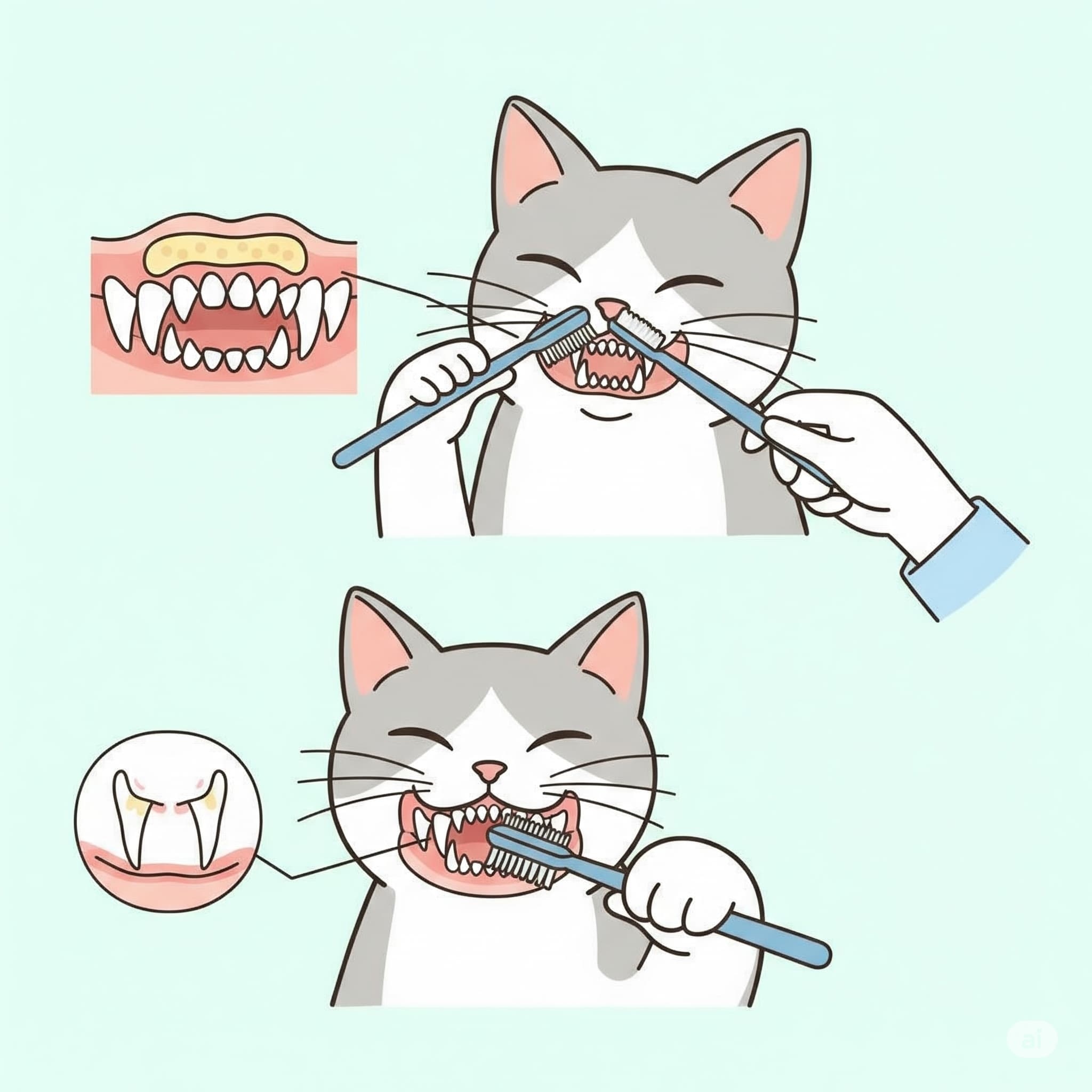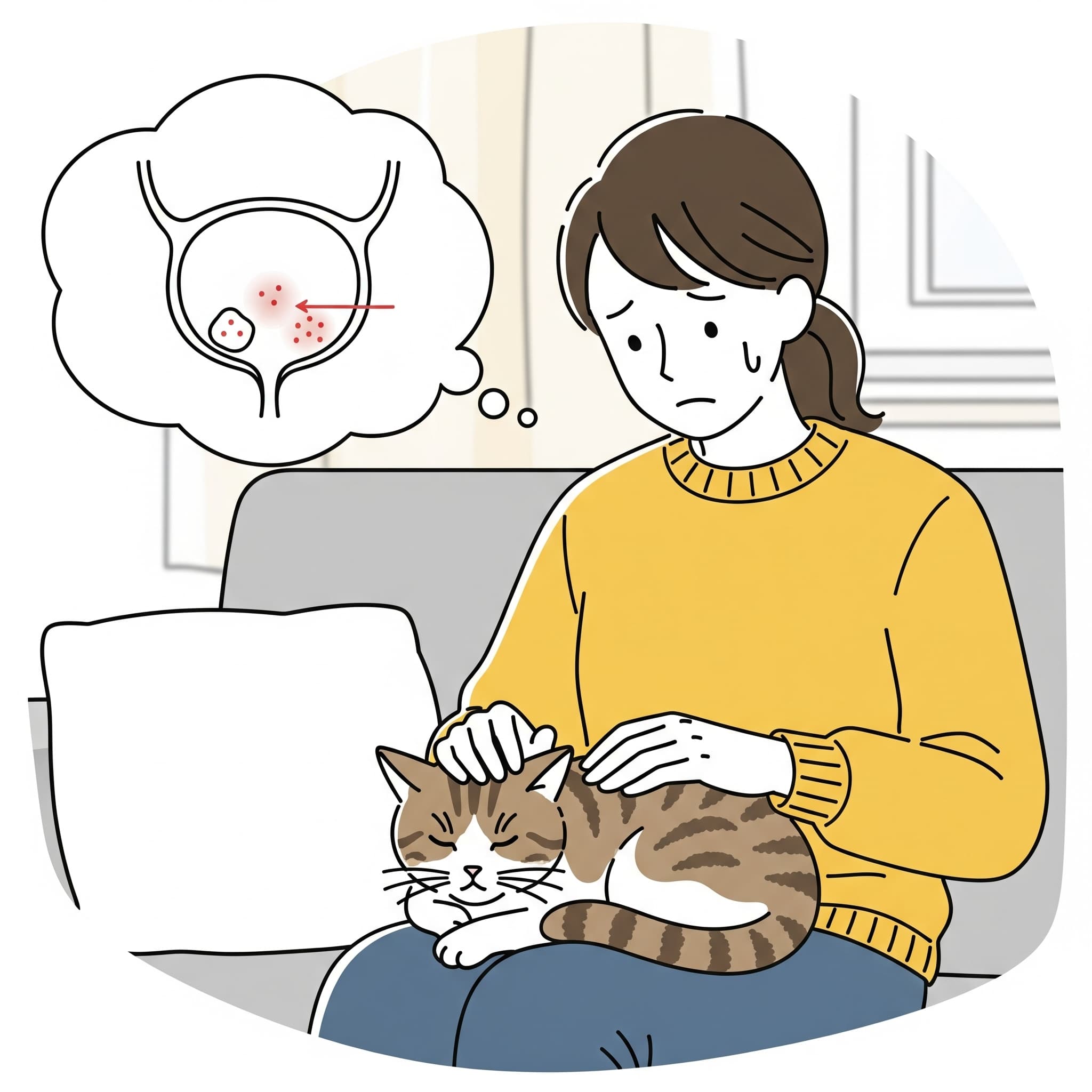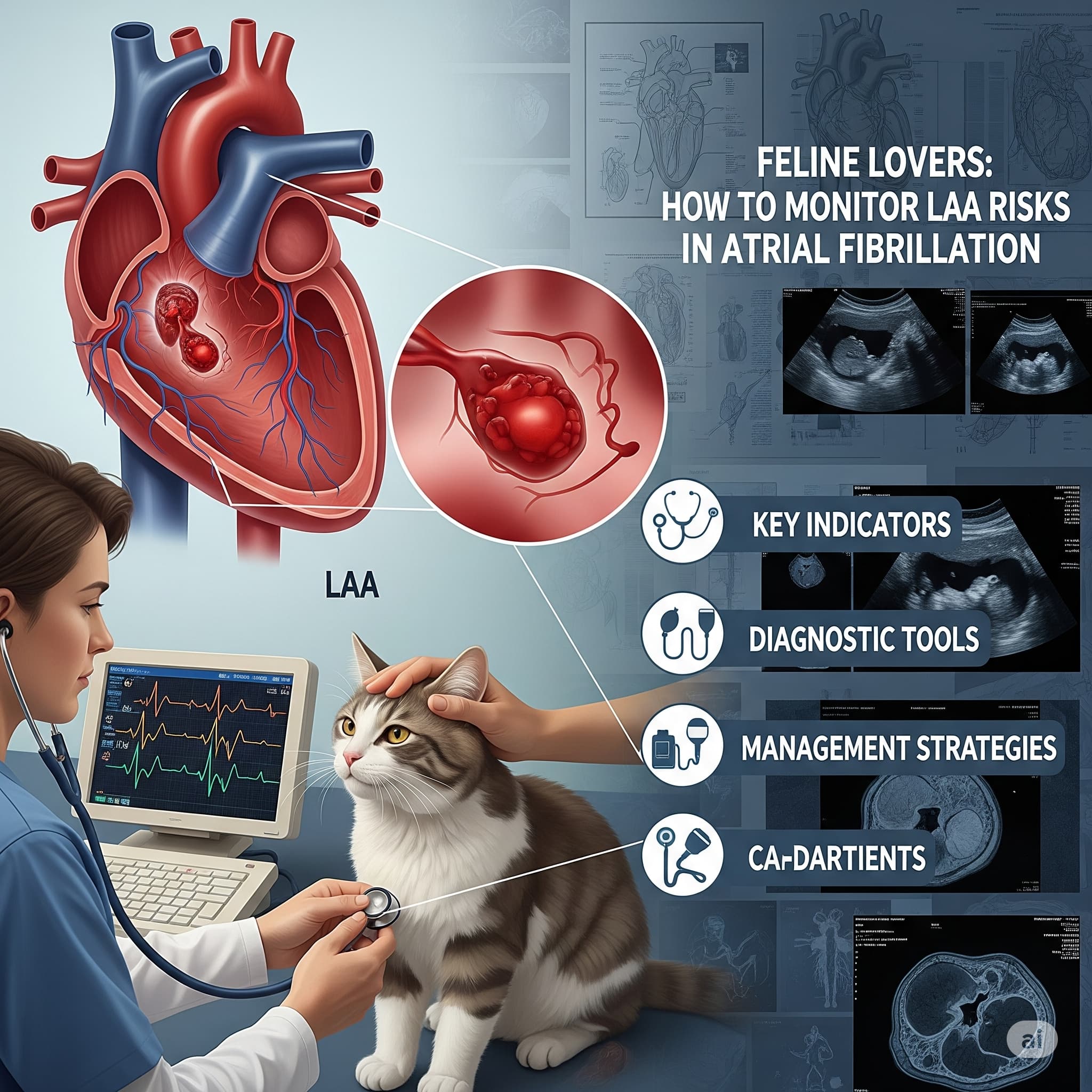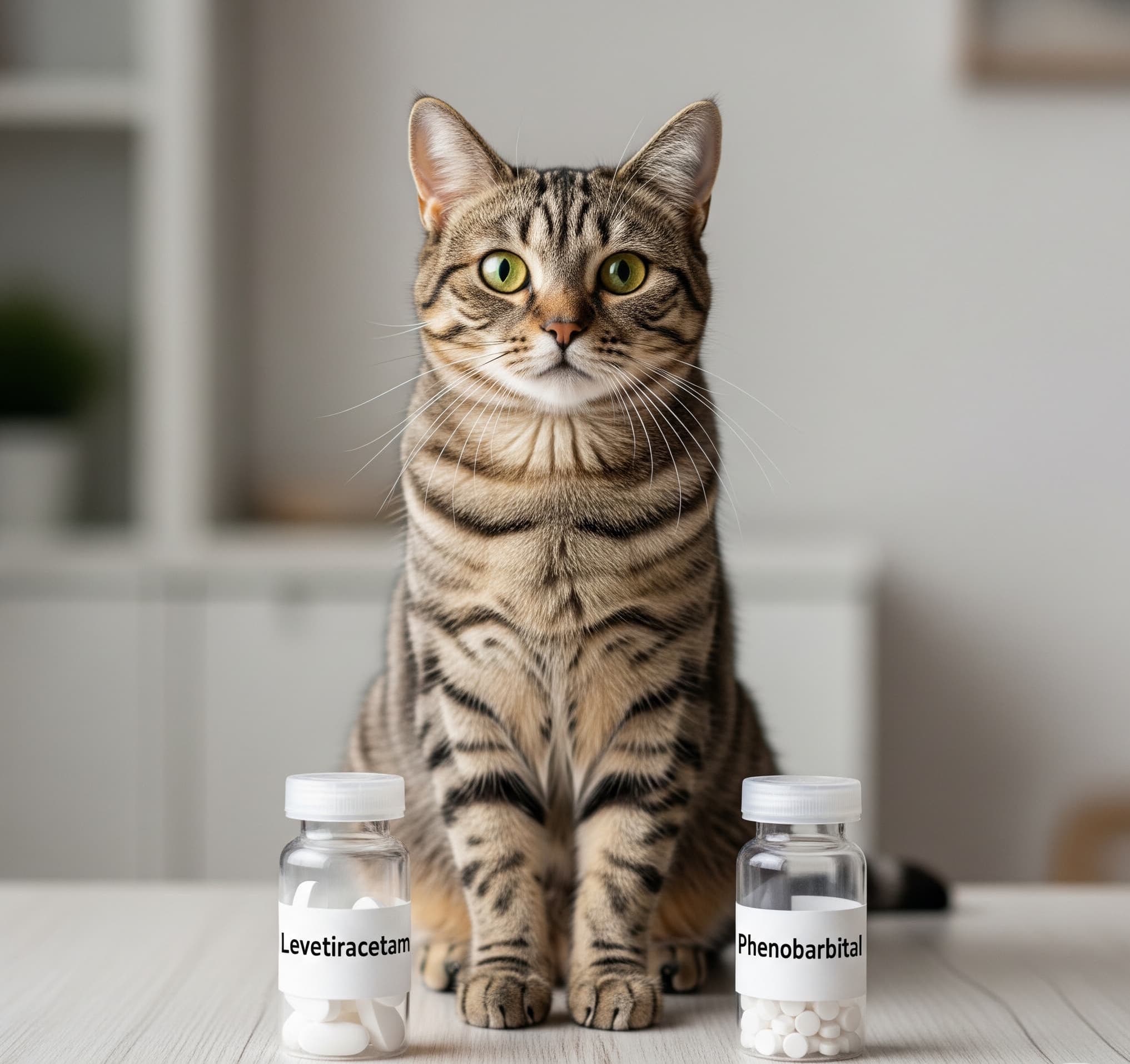Indoor Cat Specialists: Why Your House Cat Needs Special Toothpaste
Discover why indoor cats need specialized toothpaste. Learn about unique dental risks, best products, and expert tips for keeping your house cat’s teeth healthy.
Introduction
Indoor cats live different lives than their outdoor cousins. They don’t hunt mice or chew on grass. They don’t fight other cats or climb rough tree bark. This comfortable lifestyle brings many benefits, but it also creates unique dental health challenges that many cat owners don’t realize.
Your house cat needs special care for their teeth and gums. Regular cat toothpaste designed for indoor felines can make a huge difference in their oral health. Without proper dental care, indoor cats face serious risks that could affect their quality of life.
To help you understand everything about dental care for your indoor cat, here are the key sections we’ll explore:
- Why Indoor Cats Face Different Dental Risks
- Special Ingredients Your House Cat’s Toothpaste Should Have
- Top 5 Cat Toothpaste Products for Indoor Felines
- How to Start a Dental Care Routine Your Cat Will Accept
- Common Mistakes Indoor Cat Owners Make
Why Indoor Cats Face Different Dental Risks
Indoor cats have a completely different lifestyle than outdoor cats. This affects their dental health in ways most people don’t think about.
Outdoor cats naturally clean their teeth by eating prey animals. The bones and rough textures help scrape away plaque and tartar. Indoor cats eat soft kibble and wet food that doesn’t provide this natural cleaning action.
House cats also have less stress from fighting or hunting. While this sounds good, it means they produce less saliva. Saliva helps wash away food particles and bacteria. Without enough saliva flow, harmful bacteria build up faster on indoor cats’ teeth.
Many indoor cats are also less active. They don’t chew on tough materials like grass or small branches. This lack of chewing means their jaw muscles are weaker, and food particles stick to their teeth longer.
The result is that indoor cats get dental disease at higher rates than outdoor cats. Studies show that 85% of cats over age three have some form of dental disease. For indoor cats, this number can be even higher without proper care.
Special Ingredients Your House Cat’s Toothpaste Should Have
Not all cat toothpaste is the same. Indoor cats need specific ingredients that address their unique dental challenges.
Enzymes are the most important ingredient to look for. Lactoperoxidase and glucose oxidase break down bacteria that cause plaque. These enzymes work even after brushing is done, providing ongoing protection throughout the day.
Chlorhexidine is another key ingredient. This antimicrobial agent fights the specific bacteria that thrive in indoor cats’ mouths. It’s gentle enough for daily use but strong enough to prevent serious infections.
Look for toothpaste with added vitamins C and E. Indoor cats often have weaker immune systems than outdoor cats. These vitamins boost gum health and help fight inflammation.
Avoid toothpaste with fluoride, xylitol, or artificial sweeteners. These ingredients are toxic to cats and can cause serious health problems. Never use human toothpaste on your cat.
Some cat toothpastes include natural abrasives like silica. These help remove plaque buildup that’s common in indoor cats. The abrasives should be very gentle to avoid damaging tooth enamel.
Flavoring matters too. Chicken, fish, or beef flavors make brushing easier. Indoor cats are often pickier eaters than outdoor cats, so appealing flavors help with acceptance.
Top 5 Cat Toothpaste Products for Indoor Felines
Here are the best cat toothpaste options specifically chosen for indoor cats’ needs.
Virbac CET Enzymatic Toothpaste tops the list for indoor cats. It contains dual enzyme system that fights plaque and freshens breath. The poultry flavor appeals to most house cats. Veterinarians recommend this brand more than any other.
Petrodex Enzymatic Toothpaste offers excellent value for money. It has the same key enzymes as premium brands but costs less. The chicken flavor works well for picky indoor cats. It’s gentle enough for daily use.
Arm & Hammer Clinical Care combines enzymes with baking soda for extra cleaning power. This is perfect for indoor cats with existing plaque buildup. The mint flavor is mild and doesn’t overwhelm sensitive cats.
Sentry Petrodex Dental Kit includes both toothpaste and finger brushes. This makes it ideal for beginners. The vanilla flavor is unique and works well for cats who don’t like meat flavors.
Vet’s Best Dental Gel isn’t technically toothpaste, but it works great for indoor cats who hate brushing. You can apply it directly to teeth and gums. The natural ingredients include neem oil and grapefruit seed extract.
How to Start a Dental Care Routine Your Cat Will Accept
Starting dental care with indoor cats requires patience and the right approach. Most house cats aren’t used to having their mouths touched, so go slowly.
Begin by letting your cat smell and taste the toothpaste. Put a small amount on your finger and let them lick it off. Do this for several days until they enjoy the flavor.
Next, start touching their lips and teeth with your finger. Don’t use toothpaste yet. Just get them comfortable with mouth handling. Give treats and praise during this process.
When your cat accepts finger touching, add a tiny bit of toothpaste to your finger. Gently rub their front teeth and gums. Keep sessions very short at first, maybe 10-15 seconds.
Gradually introduce a finger brush or small cat toothbrush. Start with just the front teeth where plaque builds up most. Work your way to the back teeth over several weeks.
The best time to brush is when your cat is relaxed, often after meals or play sessions. Never force the process. If your cat gets stressed, take a break and try again later.
Aim for daily brushing, but even three times a week makes a big difference. Indoor cats need more frequent dental care than outdoor cats because they don’t get natural teeth cleaning.
Some cats will never accept brushing. For these cats, dental treats, water additives, or dental gels can help. The key is finding what works for your individual cat.
Common Mistakes Indoor Cat Owners Make
Many well-meaning cat owners make mistakes that can harm their indoor cat’s dental health.
The biggest mistake is using human toothpaste. Human toothpaste contains fluoride and other chemicals that are toxic to cats. Even small amounts can cause stomach upset or worse health problems.
Another common error is brushing too hard or too fast. Indoor cats have sensitive gums that can bleed easily. Use gentle pressure and slow movements. Hard brushing can make cats hate the process.
Many owners give up too quickly when cats resist brushing. Indoor cats often take longer to accept new routines than outdoor cats. It can take weeks or even months to build a good dental care habit.
Some people think dry food alone will clean their cat’s teeth. While dry kibble helps slightly, it’s not enough for indoor cats. They need active dental care with proper cat toothpaste.
Waiting until dental disease appears is another mistake. Prevention is much easier and cheaper than treatment. Start dental care when cats are young, ideally before age one.
Using the wrong size toothbrush is common too. Cat toothbrushes should be very small with soft bristles. Human toothbrushes are too big and can hurt your cat’s mouth.
Finally, many owners forget to replace old toothpaste. Cat toothpaste expires and loses effectiveness over time. Check dates regularly and replace as needed.
Conclusion
Indoor cats need special dental care that addresses their unique lifestyle challenges. Without natural teeth cleaning from hunting and chewing, house cats depend on their owners for oral health. The right cat toothpaste with enzymes and safe ingredients makes all the difference.
Remember that prevention is always easier than treatment. Starting a dental care routine early and staying consistent will keep your indoor cat’s teeth healthy for life. Even if your cat resists at first, patience and the right approach will help them accept regular brushing.
Your indoor cat’s dental health affects their overall well-being. Clean teeth mean better breath, less pain, and fewer expensive vet bills. Take action today to protect your feline friend’s smile.
Ready to start your cat’s dental care journey? Share this article with other cat owners and tell us in the comments which toothpaste worked best for your indoor cat!




Post Comment